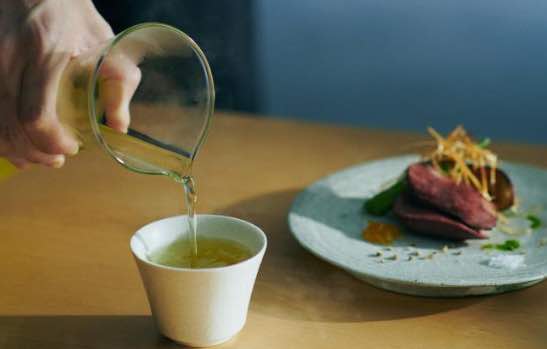BlueNalu, which completed a $20 million funding round a year ago and received $60 million in convertible note financing in January, is a producer of “cell-based seafood,” growing full fish filets from a collection of fish cells.
“We’ve been able to create a very specific recipe, a recipe for cells, that enables them to grow and divide,” Cooperhouse said. “We assemble muscle and fat and connective tissue cells … You have all the positives of fish, all of the flavor, with no mercury or plastics or pollutants, in a highly sustainable product.”
BlueNalu is currently building a 40,000-square-foot-factory in San Diego to produce its filets, focusing on the creation of fin fish such as mahi mani, red snapper and blue fin tuna.
There’s just one hurdle: U.S. regulatory agencies have yet to approve the sale and distribution of lab-grown, or cell-based as BlueNalu calls it, proteins.

In March of 2019, the U.S. Food and Drug Administration (FDA) and the U.S. Department of Agriculture (USDA) announced a partnership on lab-grown meat products, agreeing to a joint partnership to create a division of labor. The FDA would oversee the growing of cells and everything up until the harvesting of the cells, after which the USDA would take control and oversee the production and labeling of the new products.
But there are signs of growing acceptance of lab-grown proteins.
In December, a restaurant in Singapore called 1880 became the first to sell “cultured” chicken after the country’s governing food body approved the sale. The lab-grown chicken was created by San Francisco-based Eat Just, known best in this country for its plant-based egg products.
“This historic step, the first-ever commercial sale of cultured meat, moves us closer to a world where the majority of meat we eat will not require tearing down a single forest, displacing a single animal’s habitat or using a single drop of antibiotics,” Eat Just CEO Josh Tetrick said in a statement. “We’re thrilled to partner with 1880 to launch a product that will someday be served on the dinner tables of families living in the suburbs of Birmingham, Ala., to the skyscrapers of Shanghai.”
Cooperhouse is confident he’ll have FDA regulatory clearance finalized, and his factory up and running, by the end of this year.
By 2024, he said, cell-based seafood will be “commonplace.”
“It’s been a long process,” he said. “But it’s less than one year away. We are talking to a variety of restaurant operators now about debuting our products. For the early adopters, we are really targeting those restaurant operators that are iconic for great seafood.”



